How new car supply got smashed by a global computer chip supply shortage
When your local car dealer says it’ll be months before he can supply that new car of your dreams, he’s probably not lying. That’s gotta be a first, for car dealers…
Dealers using honesty. Things are pretty grim on the showroom floor when they’re forced to deploy the truth. For a car dealer, that’s like fixing bayonets.
So, here’s the real reason why new cars are in such short supply right now.
Stock shortages are rife in the new car market today - and not just here in Shitsville. This is an indirect knock-on effect of COVID-19, and companies like Volkswagen, GM and Stellantis (the latest freak-show abomination of automotive amalgamation) … companies such as these have found themselves chained to a light post, covering their wedding vegetables in public - again - because they made a bunch of bad logistics and risk management decisions.
Oops-a-daisy.
This report is sponsored by Olight - the manufacturers some of the best flashlights money can buy. Meaning tough, durable and bright. And unlike a car - you can actually buy one right now. So that’s amazing.
Some of you apparently want to call these implements of portable brilliance ‘torches’. I’m OK with that. Like, hey, live and let live, dude. I’m happy for you to call them whatever you want. Decide for yourself. Feel free to be as right as me on this, or as wrong as the average ‘torch’ advocate. I’m all about the equality.
You can freeze an Olight, then drop it on concrete and even beat a werewolf to death with one - which is a neat trick, because I’m not sure werewolves are technically alive. But you get the idea. And who hasn’t needed to bludgeon a supernatural predator to death with a frozen flashlight, from time to time? We’ve all been there.
If you buy the virtual light sabre they call it the Warrior X Turbo - awesome for long-range search and signalling - ideal for off-roading and boating - you’ll get an i3T Ti EDC flashlight for free. And also the i5T flashlight is available.
Get 10 per cent off the rest of the Olight range if you use the code AEJC10.
Link here: https://bit.ly/3pA9nYi
At least a dozen major carmakers have been forced to wind back production because they just can’t get the right computer chips, which control virtually everything in a modern car, from the headlamps and the stability control, to the powertrain, steering and of course the infotainment and security systems.
Global lockdowns have been a real plus for the sales of laptops, TVs and gaming consoles - unsurprisingly. I mean, we’re all doing it from home these days, right?
You’re probably allegedly working from home right now - on your ‘work’ laptop. Watching this. Well done. I approve. It’s called ‘research’ dude. At least, this is what you should tell the boss.
Demand for computer chips has therefore surged, and carmakers just don’t wield much demand-based clout in this industrial niche.
Only about 10 per cent of semiconductor manufacturing globally is devoted to automotive components - so this really is a battle between the David of carmakers versus the Goliath of consumer electronics giants, with carmakers not exactly in a position to exercise all that much leverage.
New boss of Stellantis, Carlos Tavares, had a most entertaining public tantrum on this recently, in front of a reporter from the Brexitstani Financial Times newspaper.
My AutoExpert AFFORDABLE ROADSIDE ASSISTANCE PACKAGE
If you’re sick of paying through the neck for roadside assistance I’ve teamed up with 24/7 to offer AutoExpert readers nationwide roadside assistance from just $69 annually, plus there’s NO JOINING FEE
Full details here >>
Chip Happens
It’s ‘we,’ dude. C’mon. Regal plural. You are a king now, after all. ‘We shall fight back.’
We shall fight on the beaches, on the seas and oceans, whatever the cost may be, with growing confidence and growing strength…
Winston Churchill, ladies and gentlemen… What Mr Tavares is really saying here, is that there’s nothing he can do - except of course turn this unfortunate situation into a somewhat self-aggrandising PR opportunity, and hope the reporter is too dumb to notice. They usually are.
What he’s not saying is that demand for computer chips has simply exceeded supply, and the kinds of computer chips used in cars are not all that profitable if you run the local chip shop.
Computer chip manufacturers - some of whom you’ve heard of, like Intel, and some of whom you’ve probably not (like Taiwan’s TSMC and China’s Semiconductor Manufacturing International Corp, or NXP from the Netherlands, or STMicroelectronics from Switzerland or Japan’s Renesas Electronics) - have therefore shifted supply to somewhat more profitable areas - such as the chips for server farms, 5G networks and cutting-edge gaming consoles.
Compounding this, Dettol Donnie’s recent sanctions against China haven’t helped Tantrum Boy from the ghost of Fiat Chrysler, or other US carmakers. Plus, the car industry generally was in a downturn prior to COVID, and many carmakers had already throttled back their computer chip orders.
Those that did not - including Toyota and Hyundai - are in a comparatively strong supply position right now. (Numbers one and three in global carmaking, respectively, last time I looked - that’s according to the International Organisation of Motor Vehicle Manufacturers for 2017.)
Number two - ironically - is of course my good friends at Volkswagen. Number two. I don’t know about you but ever since 2015 I’ve strongly associated Volkswagen with ‘number twos’, I’m certainly not the only person who must find this ranking of theirs serendipitously ironic.
Anyway, the Wolfsburg-based global Emissions Cheating Champions of 2015 do find themselves ever so slightly with their nuts in a vice in this computer chip crisis.
I can’t imagine that being a pleasant experience (except perhaps for a dominatrix). But it’s been so unpleasant for Volkswagen, apparently, that it ordered one of its lackeys - Peter Altmaier, Germany’s business minister - to write to his opposite number in Taiwan, Wang Mei-hua, begging her for inter-governmental computer chip charity. That’s always dignified.
Mr Altmaier’s infinitely entertaining argument - according to the Financial Times - was that Tawan’s chip manufacturing giant, TSMC, should prioritise German automotive microchips because a speedy recovery for the German economy was good for the world, which (I think you’d agree) is a pretty friggin’ altruistic reason. Same reason Churchill fought Hitler, ultimately. Good for the world.
Apparently, Mr Altmaier made this argument with a completely straight face. That’s amazing, in the domain of self-control. I certainly couldn’t do that.
It’s worth remembering that carmakers are not victims here. They are absolutely the architects of their own vulnerability to supply chain instability. They even engineered-in the instability. COVID might have pushed the first domino over, but carmakers lined them all up.
See, carmakers don’t hold any component inventory. All the parts arrive at every factory just in time to make every car. They even call this ‘just in time’ manufacturing. Which is fine - if you can guarantee the supply of every part.
But a car’s got - ballpark - 10,000 parts. And if just one of those parts cannot be supplied, you don’t get to make that car, and your production line kinda grinds to a halt.
We’ve seen this before. When the earthquake and tsunami trashed Fukushima in - was it 2011? - a key supplier of one of the components of automotive paint got trashed, and many colours were unavailable globally for months.
The plant was operated by Merck (M-E-R-C-K) in Onahama, near the nuclear power station. It made a pigment called Xirallic - it was the only place in the world that made this precursor to glittery, shiny goodness, and its closure restricted global automotive paint supplies for months. Red and black were like dreaming the impossible dream. So it’s not as if there was no precedent.
Plus, carmakers - being the emphatic tight-arses they generally are, commercially - have enthusiastically screwed chip manufacturers down on price for years now. And the result is that supplying chips to other industries simply became more attractive to the makers of those computer chips. So it’s undignified for carmakers like Stellantis to play the ‘victim’ card - in my view.
Chip-makers are of course using this perfect storm of short supply as a justification to drag carmakers to the ankle-grabbing room to jack up prices. So that’s - kind of - entertaining. Bit of a quid pro quo.
There’s some quirks as well. You might have noticed the new Kia Carnival Platinum. It’s got everything - almost. Everything except auto wipers. A glaring exclusion in a vehicle which is otherwise fully loaded. Balance of probability: This chip shortage is the reason. Can’t get some new chip to drive some new auto-wiping black box, for the time being.
Computer chip crunch time is probably going to last about six months, according to those whose crystal balls should be attuned to such predictions. So far, about 280,000 cars have been affected, with the total estimated to rise to about half a million before normal programming is resumed, mid-year.
Global motor vehicle production is 62 million vehicles (ish). That was an estimate for 2020. So, if the car industry had just diversified its supply and held less than half a per cent (of annual production) worth of parts in inventory, much of this crisis could have been averted. Well done there - you corporate risk management weasels, reaping what you sow, and bitching about it in the media.
Do you suppose they’re gunna learn anything from this lesson? I’d like to think so, but it would be a mistake to underestimate the sheer capacity for high-level incompetence in organisations such as Stellantis or Volkswagen.


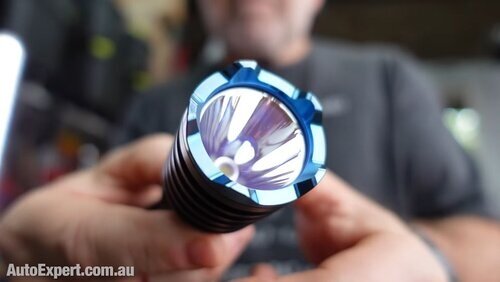







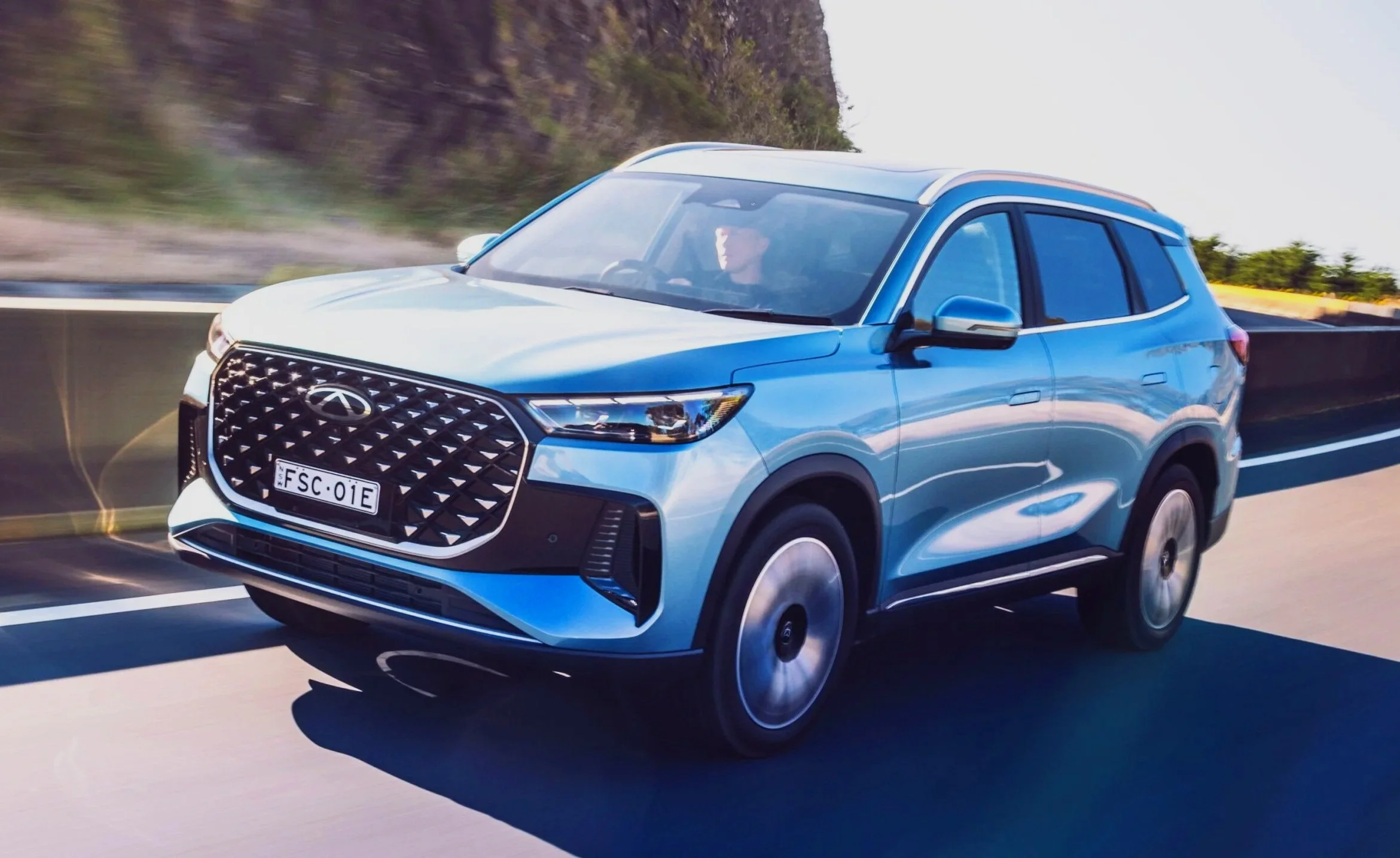
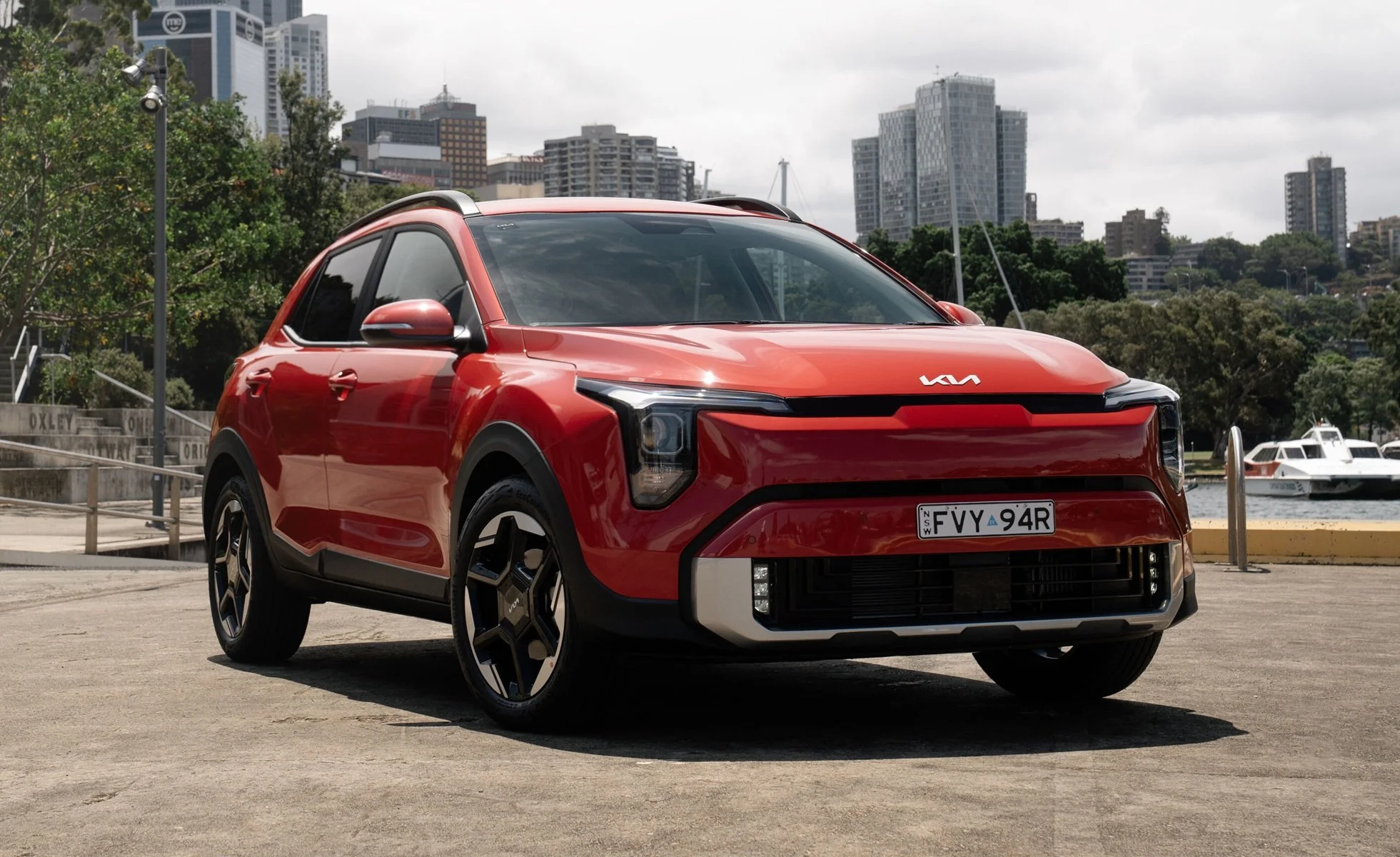
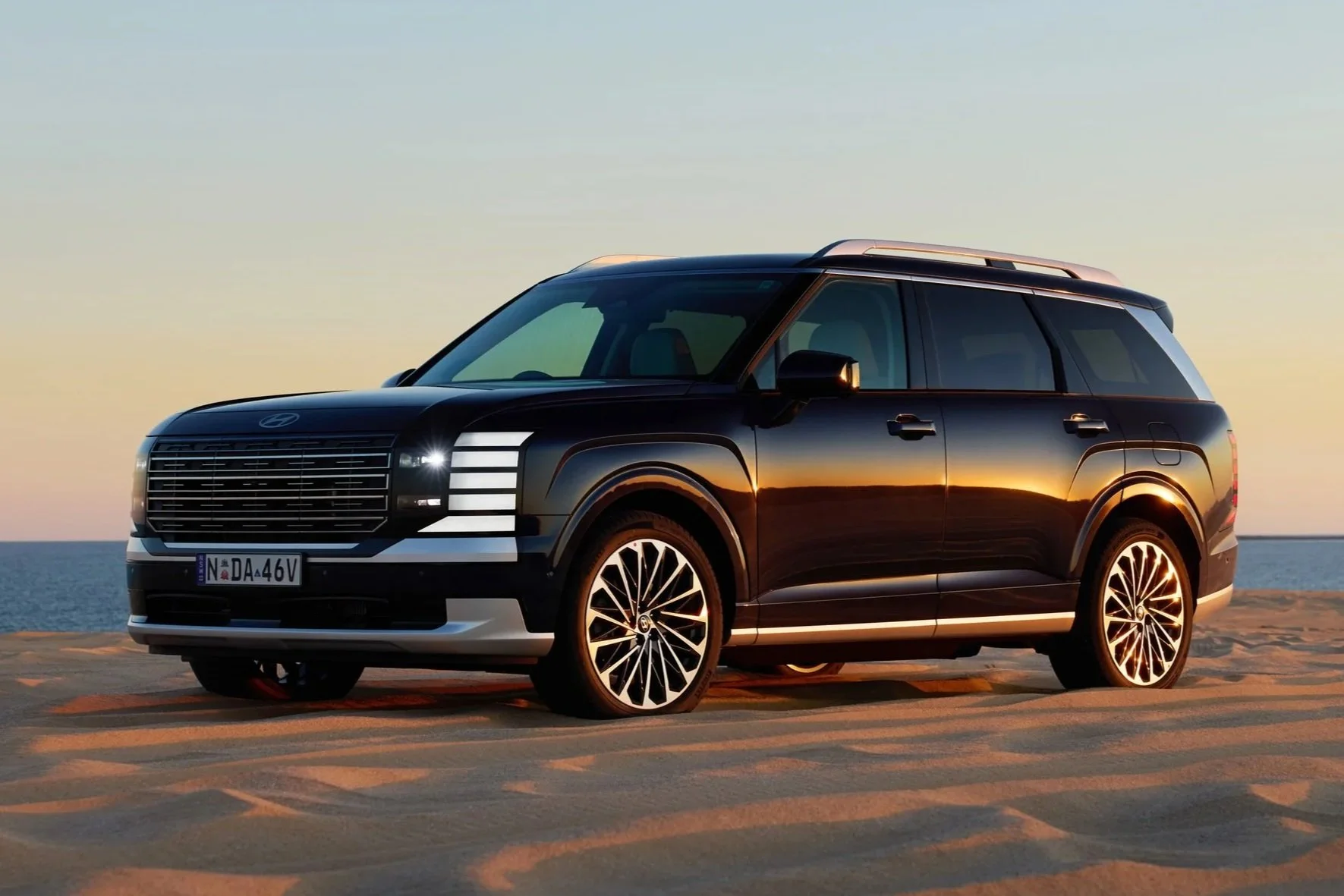
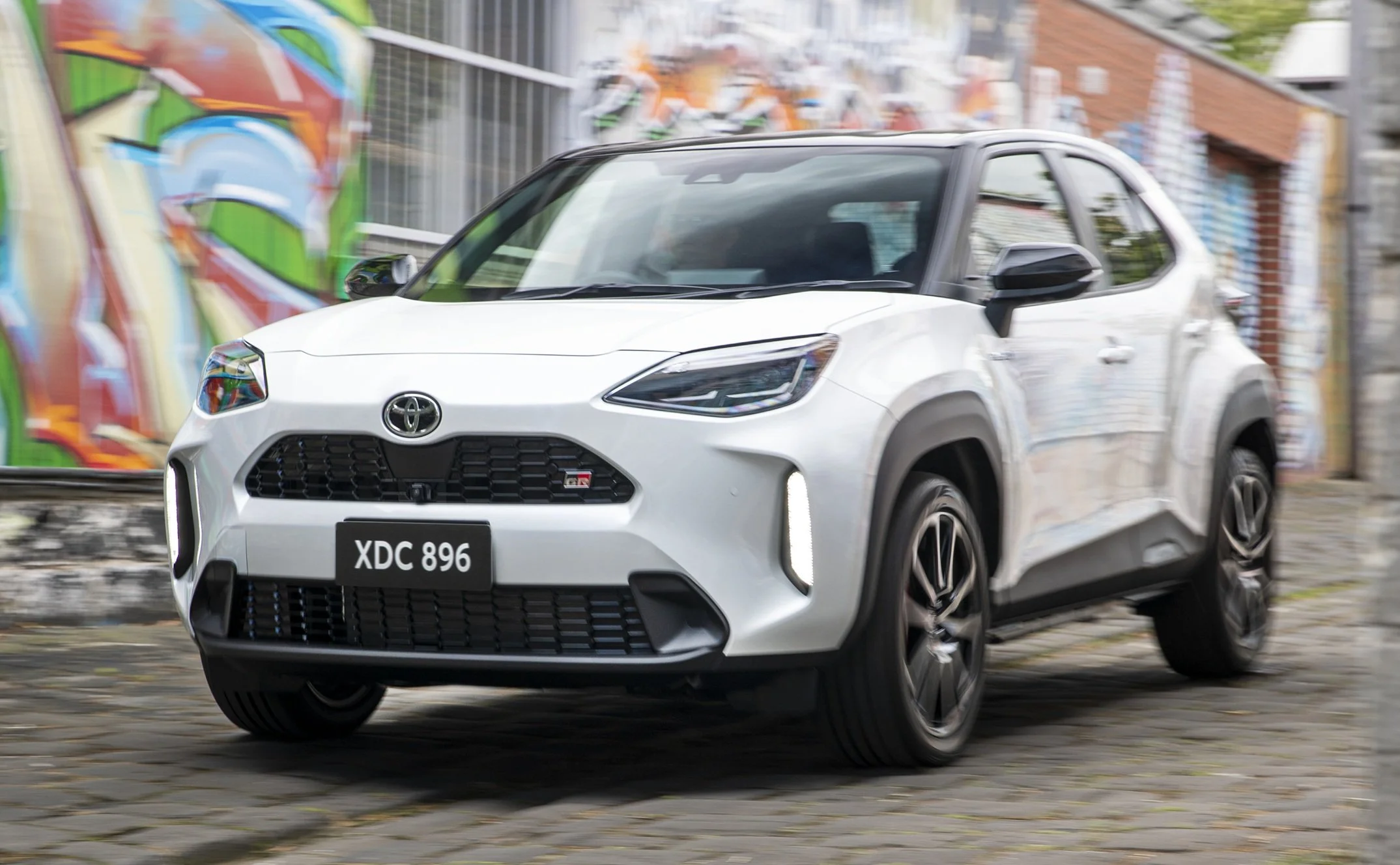

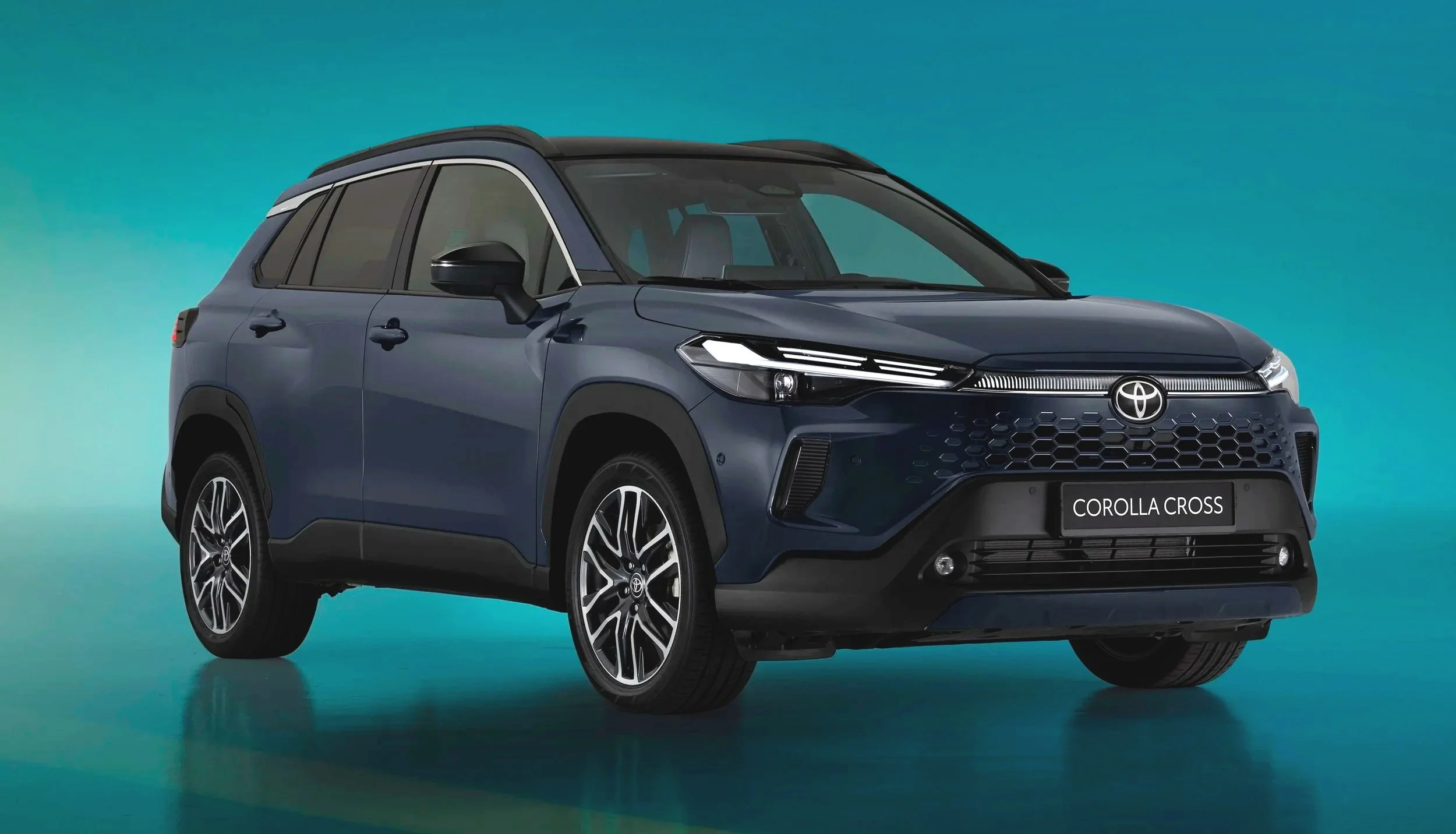

There’s plenty to like about the 7-seat Ford Everest for hardcore off-roading and heavy towing thanks to its big V6 diesel. But is it wise dropping up to $80K on Ford these days?